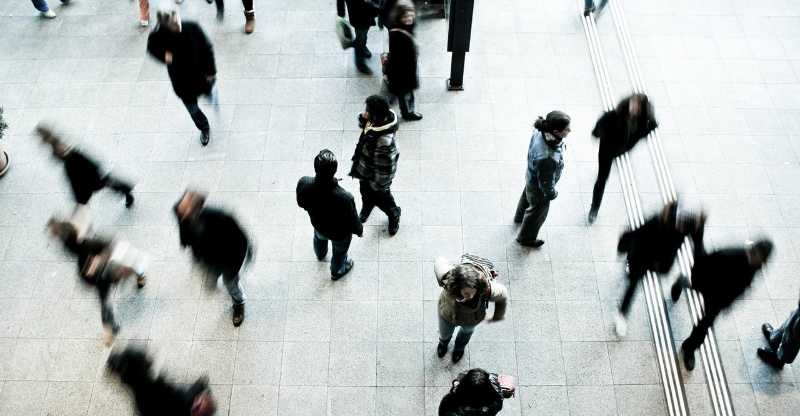
Seattle has invested a lot of intellectual capital into the notion of urban density, claimed to be more efficient for energy and for transit, conducive to creative interactions and cosmopolitan diversity, and avoiding the miserable fate of The Suburbs. Maybe it’s been a tad oversold? And now that we are learning how to negotiate distances, will the pendulum swing?
For starters there is the fact that New York City, America’s most dense metropolis, has been the most vulnerable to the coronavirus, partly because people are so closely packed. Additionally, businesses are learning to stay alive by working at home and mastering Zoom. Density also translates into higher real estate prices, congestion, “heat islands,” tightly packed restaurants, and other hassles.
This new era of social distancing may just build up the appetite for hugging and mingling. Or it might prove necessary and even attractive in the A.C. (After COVID) years. Let me add several trends that might push along the Distance Economy.
Manageable Communities
Outlying, amenity-rich cities will attract workers who can operate at a distance, perhaps going into the city office a day a week. Already, attractive small cities such as Bellingham, Port Townsend, and Anacortes are drawing people who want more natural beauty, small-town friendliness, and affordable housing–all while holding stimulating jobs. Companies will start equipping their workers with full offices on their computers as the Internet connections spread and the Cloud offers its rich data. The hills above Boulder, Colorado, are filled with tech executives fully plugged in, skis at the ready.
The New Federalism
Another trend is the move to a new federalism, spurred by the stalemates in Congress and Trump’s imperial rumbles. The emergence of Cascadia got a big boost when the governors of Washington, Oregon, and California decided to work together on returning the economy, gingerly, to some activity. This was quickly echoed by Northeast states and maybe soon by the Midwest. Suddenly distance from D.C. seems prudent.
Penalizing Success
A third blow to density-dogma can be seen in the way Seattle has treated companies such as Amazon. Rather than gratitude to Amazon for deciding to locate in the city, we have turned the company into a scapegoat for all our urban ills, gradually driving it to Bellevue. Other fragile businesses like restaurants bear the brunt of city governments’ appetite for regulations and taxation. If urban saviors turn quickly into urban scourges as they grow, why bother? Similarly, the urban advantages supposed to make tech workers favor cities (coffee shops, bookstores, farmers’ markets, nightclubs) are now easily planted in pseudo-urban places.
So, get used to distancing, since it’s unlikely to go away soon and may have surprising allure. I look forward to restaurants with tables spaced far enough apart that you can hear your companion. Daily I walk in Seattle’s lightly-trafficked streets, marvel at the crystalline light of a de-polluted city (reminding me of the “painters’ light” of Provence), and enjoy the heard-again birdsong. I wonder if we haven’t stumbled into something more civilized, more mindful, more right-sized, more humane. Just saying!
Discover more from Post Alley
Subscribe to get the latest posts sent to your email.

Now, with West Seattle stranded by the broken bridge, it may become the new home for distance-based commerce. West Seattle is an island; time to ask for whom the next bell tolls.